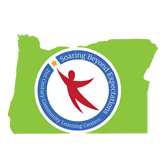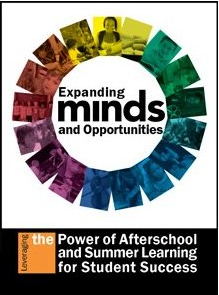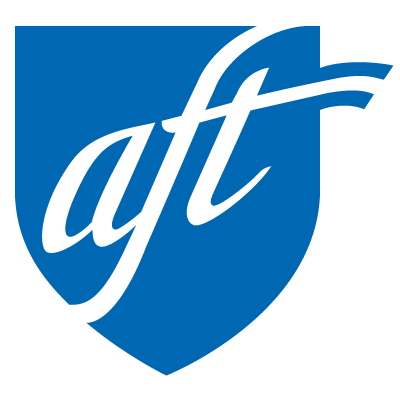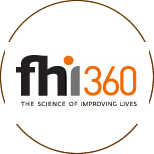Topic Areas > Culturally Responsive Programming

|
Supporting English Language Learners: In-School, Afterschool and Summer
This article is one of more than 40 in an upcoming compendium on the opportunities and potential of expanded learning opportunities and the importance of after school and summer programs, including 21st Century Community Learning Centers. Compendium are available for download from Expanded Learning & Afterschool: Opportunities for Student Success at www.expandinglearning.org
|
|
| English Learners and Out-of-School-Time Programs | |
| 21st Century Community Learning Centers Lessons Learned Guide | |
| Unlocking the Research on English Learners | |
|
Understanding Language - Stanford Graduate School of Education
|
|
Best Practices for Serving EL Students in 21st CCLC Programs
 Dr. Maria Dantas-Whitney presented a regional training: "Best Practices for Serving EL Students in 21st CCLC Programs" delivered Tuesday, February 9th from 6:00 - 8:00p.m. at Centennial High School View PowerPoint of presentation in PDF format. |
| Promoting Educational Equity Through Family Engagement: The King Legacy | |
| 21st CCLC: Engaging Families - Supporting Student Success | |
|
Out-of-School Time Publications & Resources
Articles from the Harvard Family Research Project specific to engaging families in out of school time programs including: |
|
|
Five Resources for Family Engagement
This series of resources is intended for families, however the resources can also benefit program staff.
|
| Culturally Responsive Differentiated Instructional Strategies | |
| A Holistic Approach for Supporting English Learners in After School | |
|
ELL Topics from A to Z
ELL Topics from A to Z from Colorin Colorado, a national multimedia project offering resources for educators and families of ELLs. Helpful collection of resources organized by topic for educators and parents. Featured resources include articles, videos, booklists, blog posts, recommended websites, and guides. |
|
| English Language Learning | |
|
Educational Equity Center
Educational Equity
Center (EEC) develops programs and materials that promote bias-free
learning in school and after school. Programs include:
|
Title IV-B Disclaimer of Endorsement
The presentations and documents funded by Title IV-B 21st Century Community Learning Centers (CCLC) included in Oregon Department of Education (ODE) conferences, and/or posted on ODE web sites may include links to information and resources created by other public and private organizations. These resources, materials and links are provided for the user's convenience and to benefit program quality in Title IV-B. ODE does not control or guarantee the accuracy, relevance, timeliness, or completeness of this non-ODE information. The inclusion of these links is not intended to reflect their importance, nor is it intended to endorse views expressed, or products or services offered, on non-ODE sites.










